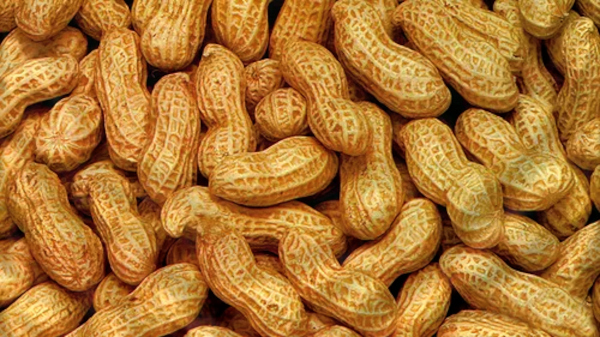RAJKOT: A novel bacteria discovered in Saurashtra University not only promises to increase the groundnut crop yield but also assures better quality crop.
The findings by the department of animal biotechnology have been published in the reputed international scientific journal “Nature.’
Anand Agriculture University also suggests that the favourable bacteria prepared in laboratory can significantly reduce the use of chemical fertilizer in groundnut cultivation and also improve crop yield and soil condition.
According to the researchers, the main work of this bio-fertilizer is to maintain soil condition and prevent land becoming barren in the long term. It works in the same way as cow dung in farming.
The groundnut was chosen because it’s a mainstream crop of Saurashtra and the region is one of the highest producers of groundnut in the country. According to the paper, the rhizosphere, a narrow zone of soil near plant roots, is a hot spot for microbial activity. Rhizosphere microbiota directly or indirectly benefit plants by supplementing nutrients, producing beneficial chemicals or suppressing pathogens. Plants attract and modulate bacteria within the rhizosphere by releasing exudates.
Plants also tend to select the rhizosphere microbiota based on their needs.
Ramesh Kothari, professor of microbiology in SU and co-author of this paper, said, “Plant growth promoting (PGP) bacteria like bacillus were enriched during the middle stages of crop development but there was a decline in PGP organisms in the matured crop stage. Overall, this study portrayed the changes in the rhizosphere microbiota of peanuts during different developmental stages of crop and may help to design stage specific bio-strategies such as bio-fertilizer to improve crop yield.”
According to the paper, many studies have looked at the effects of soil type, geographic location, crop genotypes but very few have looked at the changes in microbiome across the crop development cycle.
Ankit Hinsu, a student of the department who did this research in the laboratory said, “It’s good for soil if we can reduce the use of chemical fertilizer as much as possible and go towards organic farming. For that, it’s important to know which kind of bacteria to insert at what stage. As the plant grows, the bacteria that help plants changes. We prepared a mixture of important bacteria after checking their properties and based on this study, we suggested what quantity of bacteria can be mixed at what quantity at what stage to support the plant.”
The sample of G-20 variety of peanut which is mostly grown in Saurashtra was used for study.
Source: ToI
You may also like
-
Trade Connect E-platform For Exports Is Single Window, Fast, Accessible And Transformational: Shri Piyush Goyal
-
Dot Simplifies Approval Processes For Telecom Licenses And Wireless Equipment
-
Coal Production and Supply Trends on Positive Trajectory
-
Union Minister To Release Booklets On Promotion Of Indigenous Species & Conservation Of States Fishes
-
2nd India-Japan Finance Dialogue held in Tokyo on 6th September, 2024
